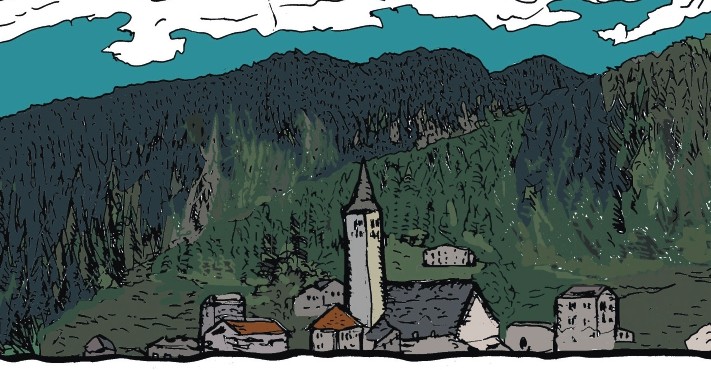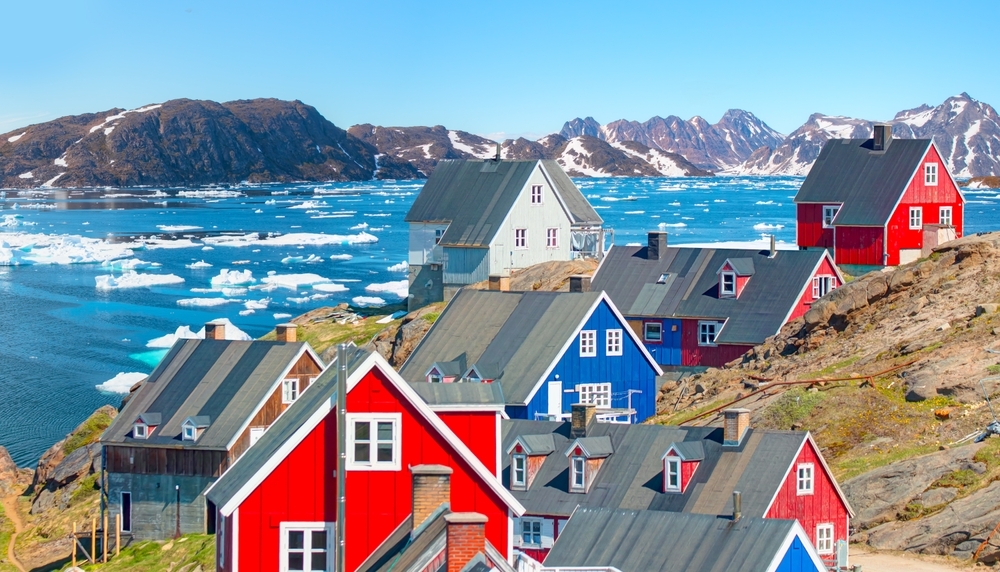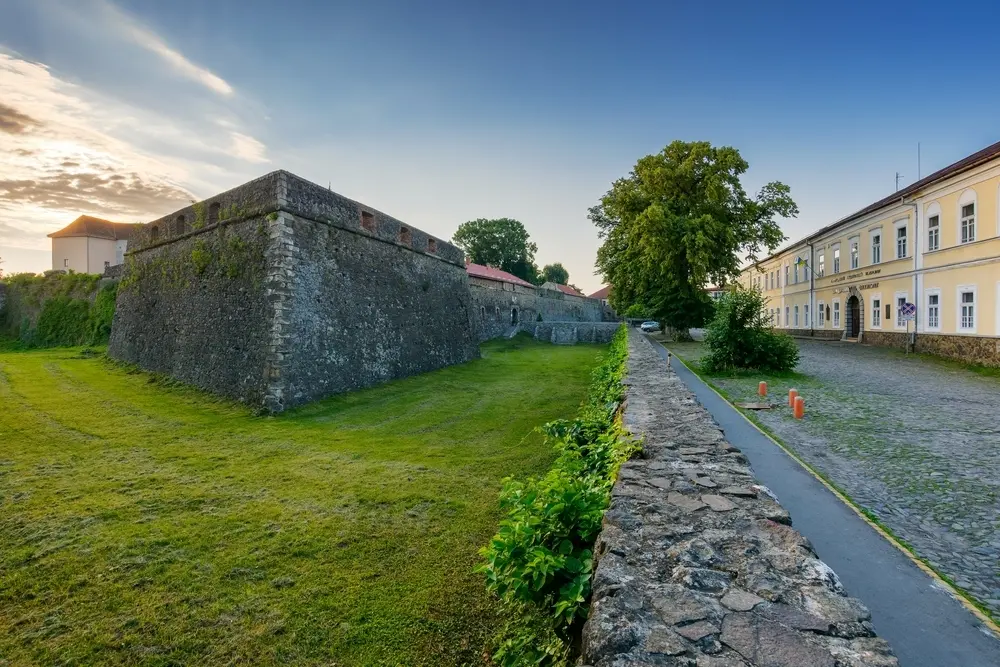L’ambiente in Serbia
Un’interessante panoramica sulla situazione ambientale in Serbia, con particolare riguardo ai disastri ambientali provocati dai bombardamenti della NATO nel 1999. Testo in lingua inglese.
Un’interessante panoramica sulla situazione ambientale in Serbia, con particolare riguardo ai disastri ambientali provocati dai bombardamenti della NATO nel 1999. Testo in lingua inglese.
In a country which has only recently got out of the decade of tragedies – including wars and economic disaster, ecology does not seem to be high on the list of anyone’s priorities at the moment. The government and state bodies, NGOs, citizens – no one seems to pay too much attention to the pressing environmental problems, especially to the ecological catastrophes caused after NATO’s bombardment of Yugoslavia in 1999. Though there are probably more urgent problems to attend to in the troubled region, it seems that prolonged neglect can bring about serious long-term consequences as early as in the oncoming years.
In the 1990s Greenpeace and similar organizations were usually viewed as groups of bored kids who have nothing more serious to do with their lives, but to participate in such ‘non-productive’ activities. The green party was just one of hundreds of political options in the mockery of multi-party democracy in the period 1990-1995, taken about as seriously as the Rock’n’roll Party or the Drunk Party. It seems that the main preoccupation at the time – wars and lust for territories left no room for environmental issues in the minds of the population of any Balkanite states. It was only after the first NATO attacks, first in the Republic of Srpska, and then in the Federal Republic of Yugoslavia, that some of the warnings were taken seriously.
The ecological consequences of NATO air strikes were multifold. First, the notorious usage of depleted uranium (whose alleged purpose is to penetrate the shields of tanks more easily) caused much unease in the local population. Whereas American officials still claim this amount of radioactivity is no cause for alarm (since their own soldiers now inhabit the once targeted areas), local authorities in Serbia also calm the population by saying these bombs were used in Kosovo only, and in some (precisely located and rare) areas in Serbia proper. Although some ominous warnings immediately after the war warned the people of Serbia "every single bomb dropped was radioactive" and although some local doctors recommended "avoiding pregnancy in the following two to three years", it seems that those particular fears were exaggerated. Very reliable local sources have constantly claimed normal radioactivity in the last two years, at least in the Nis area. The second pressing problem after the bombings was the fact NATO targeted some areas dangerously close to the factories using poisonous materials. Such was the case with the nitrogen factory in Pancevo (a town which is now almost a Belgrade suburb), petrochemical factories and the oil refinery in Novi Sad. Clouds of very thick, black smoke were spotted in these areas a couple of times during the bombings, but the authorities again claimed no serious danger to the population. Out of the three, only the refinery was a direct target of bombardment, and therefore it seems that Novi Sad citizens were in the most difficult situation. Finally, a serious consequence of NATO attacks was the pollution of rivers. Not only did many poisonous liquids reach rivers as their final destinations, but there was also the damage caused by the destruction of dozens of bridges throughout the country, including the pull-down of all three bridges on the Danube in Novi Sad, which caused the biggest European river to become virtually impassable, a small economic disaster for the entire continent.
Precisely for this reason, the Association of Ecologists of Serbia organized a number of activities aimed primarily at the preservation of rivers running through Serbia. Their first major project, realized in 1998 and 1999, was entitled ‘The Four Banks’. Its main purpose was education of the local population, school children in particular, on the ecological and economic importance of the two biggest rivers running through Serbia – the Sava and the Danube. The project was financed by Regional Eastern and Central European Centre for the Protection of Environment (REC).
The problem of the Danube is getting more and more serious. It seems to be at the top of priority lists of European donours, naturally, not so much for their love of Serbia and wish to help her immediately, but for the millions of dollars they lose with each passing day with no traffic. The first promise was that Novi Sad would be helped not only by extracting the remnants of the hit bridges from the water, but also by building brand new bridges from European funds. However, this project does not seem imminent any more. An ongoing project of the Association of Ecologists of Serbia (November 2000 – November 2001) is trying to unite the NGOs of the Danube area in the struggle for the preservation of this river’s capacities. (The project also includes Eco Counselling Centre Galati – ECE from Romania and DAPHNE – Applied Ecology Centre from Slovakia).
The pollution of the Tisa caused some panic in the northern parts of the country last year. Yugoslav Forum for the Protection of Environment printed a leaflet on the event. Six authors, three from an NGO – the Association of Ecologists, and three from a state body, Institute for the Protection of Nature in Serbia, gave their views of this unprecedented event – the toxic pollution of the river, originating from Romania, in the early 2000. The toxins included cyanide, whose small quantity in the river was enough to virtually kill off all the animals inhabiting the Tisa and pose a serious threat to the people in the nearest areas.
As far as the area of southern Serbia is concerned, the level of ecological consciousness in the population is very low, and therefore the overall outlook is grim. In Nis itself, the city which hosts the most NGOs in the entire country, Belgrade excluded, finding an active environmental-oriented NGO turned out to be a mission impossible. The once active organizations (such as Ecologia Futura 2000) were impossible to trace, and there were hardly any new ones. The small department of Ecology at the Faculty of Work Protection of the University of Nis is also very inactive. This is not very commendable, since the Nisava, a middle-sized river running through the city, also needs substantial care in the nearest future. It turned out that in this respect, it was the federal and local governments, rather than NGOs, who took up some action. Namely, the main project of the Serbian government at the Donours’ Conference in Brussels in connection with Nis was the plan to build a more up-to-date water supply system around the city. The present situation is such that, whenever there is more rain, the Nisava and the surrounding streams get blurred and the higher areas of town do not have enough drinkable water. The project is currently pending, but there have been rumours among the local officials that its approval was ‘just a matter of time’.
Prospects for the future are not very clear, either. As of this year, the famous October Novi Sad Fair will contain a substantial number of presenters from the area of ecology. It seems the recent experience of this town has contributed to the awareness of its citizens on the importance of the issue. Last week in Nis there was a meeting of the representatives of three biggest cities in the area (Nis in Serbia, Sofia in Bulgaria and Skopje in Macedonia). Long-term cooperation among the three has been agreed, and the initial actions will cover precisely the realm of ecology. Representatives of the three cities signed the Declaration on forming the Regional Ecological Council, which will create ecological strategies and regional ecological action plan, as claimed by Andrijan Tasic, a participant from the Nis board of the Civic Alliance of Serbia, one of the parties of the ruling DOS coalition. The purpose of regional cross-border cooperation is quicker access to European integrations as well as easier communication with foreign funders in charge of ecological projects.
Whether these actions will be enough to awaken the drowsy Serbian public when ecology is in question remains to be seen. Today, however, the overall activity on the protection of the environment in the country seems to be insufficient.
In evidenza
- Graphic novel
- MIGRAZIONI
- Confini e conflitti












